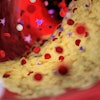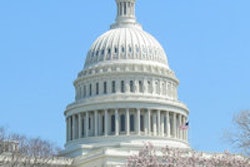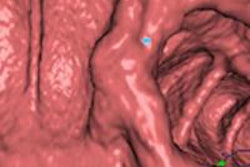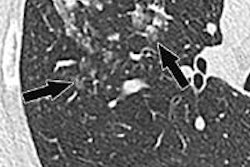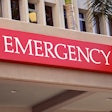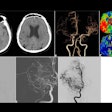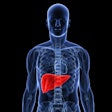The U.S. House of Representatives has restarted efforts to boost research into the health effects of low-dose radiation, both in the natural environment and in medical imaging procedures, according to a post on Roll Call.
Low-dose radiation exposure at levels found in common medical procedures is thought to confer little risk to individuals, but evidence is lacking. A similar bill passed in November under a voice vote, but no action was taken in the Senate and the legislation died when the last session of Congress adjourned last month.
By reintroducing HR 35, known as the Low-Dose Radiation Research Act, the House demonstrated its interest in examining the issue once again.
"The purpose of the program is to enhance the scientific understanding of and reduce uncertainties associated with the effects of exposure to low-dose radiation in order to inform improved risk-management methods," the bill's text states.
Sponsored by Rep. Randy Hultgren (R-IL), HR 35 directs the U.S. Department of Energy's Office of Science to enter into an agreement with the National Academies to study the current status and development of low-dose radiation research. The effort would also identify scientific challenges to studying the effects of ionizing radiation in the long term, as well as recommend an agenda to address these challenges.
The legislation, referred to the House Committee on Science, Space, and Technology, authorizes no money; instead, it directs the agencies involved to use funds appropriated in other spending measures.


